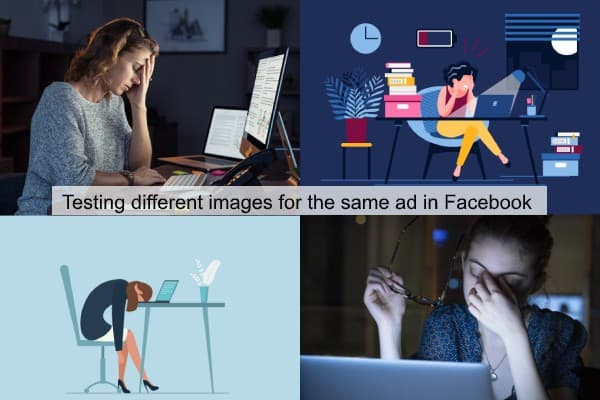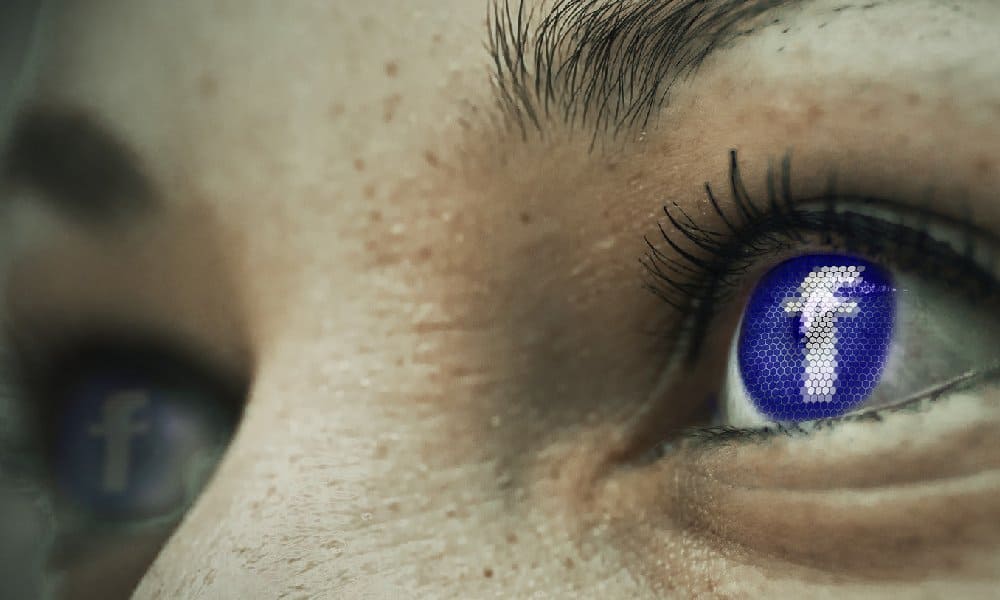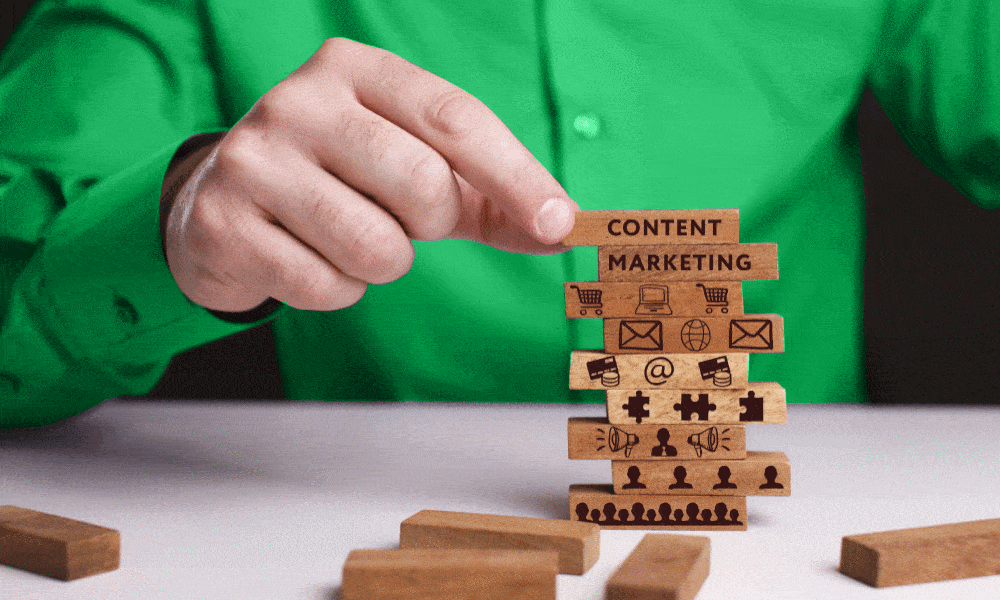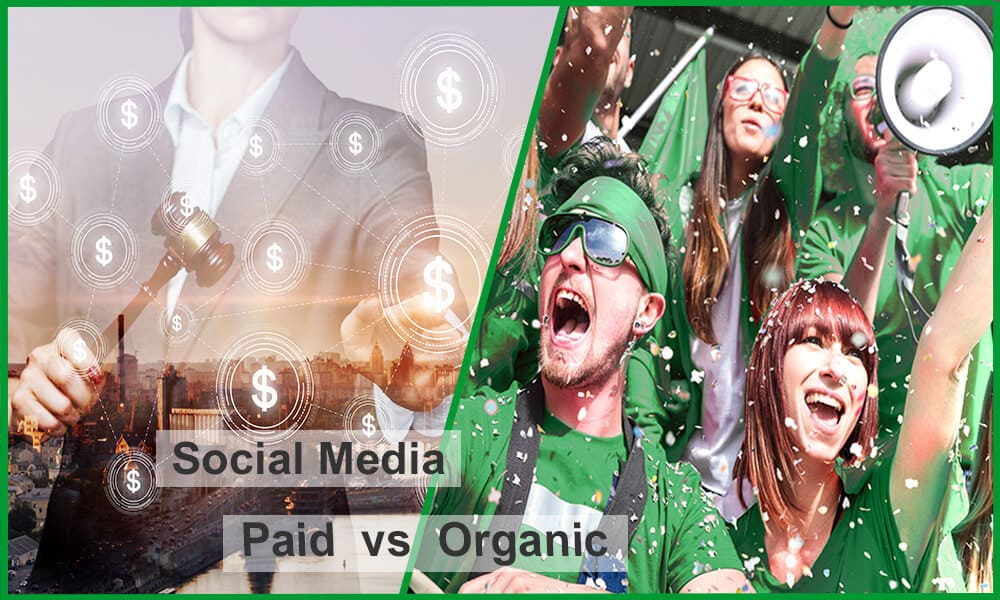
Marketing is a big subject. It’s impossible to know and do everything well. Here at NoBull Marketing, we work with trusted experts in specific areas.
Today we’re talking to HD Tang, specialist in Facebook advertising for small business. HD’s agency Tangy Digital has clients including dental practices, lawyers, nail salons, landscape architects, and of course NoBull Marketing.
Here are his answers to the top questions about Facebook advertising.
1. What’s the difference between paid and organic Facebook?
To answer that question, we have to understand how Facebook works. As a social media platform, Facebook’s goal is to get users glued onto the platform and using it for as long as possible. They do that by showing interesting, engaging content – funny videos, cat videos, friends’ photos and so on. Then if users stay on, Facebook can show them ads and make money from that.
Organic Facebook marketing means having a business page and posting content there to reach your audience without spending any money on ads.
Over the last few years, this is becoming harder and harder. That’s because people aren’t really on Facebook to engage with businesses. They’re more interested in their friends (and funny cat videos) than in what you as a business post.
So if you want to make it work as an effective revenue driving marketing strategy, you need to be creating and posting high quality engaging content.
Unless you have a very exciting business, or you’re a natural showman, it’s hard to generate any meaningful business growth through organic Facebook marketing.
That’s where Facebook Ads comes in.
In this case, you don’t just post, you actually pay Facebook money for them to show your ads to your target audience.
You set a budget – let’s say $50 for a day. Facebook shows your ad to a few thousand people who match your target audience – exactly how many depends on your industry and your offer. Now you don’t have to wait around and try to build up your audience. You just straightaway put some money into it to reach your target audience.
2. How does Facebook advertising compare to Google Ads?
The biggest difference is that Google Ads is what we call intent based advertising, while Facebook is disruption-based advertising.
 Let’s look at Google Ads first. Imagine you’re locked out of your home and you need to hire a locksmith. You’re not going to sit around waiting for a Facebook ad to pop up about locksmiths. You’re going to go to Google straightaway, type in ‘locksmith near me’, ‘emergency locksmith’ or something like that. If you’re a locksmith, you can advertise for that search query, get your ad at the top of Google and then you might get a client that way.
Let’s look at Google Ads first. Imagine you’re locked out of your home and you need to hire a locksmith. You’re not going to sit around waiting for a Facebook ad to pop up about locksmiths. You’re going to go to Google straightaway, type in ‘locksmith near me’, ‘emergency locksmith’ or something like that. If you’re a locksmith, you can advertise for that search query, get your ad at the top of Google and then you might get a client that way.
Facebook, on the other hand, is about prompting people who don’t have an immediate need. They’re thinking about something in the back of their mind, but they’re not taking action on it. Then your ad sparks interest or sparks an idea. They think ‘Oh yeah, that would be good.’
For example, you want to renovate your home. You’re thinking about it but not actively investigating just yet. You might see an ad with very beautiful photos, or maybe a video that shows a company’s point of difference. The ad says ‘If you would like to have a free design session, please book below.’ That’s basically prompting you to take action where you wouldn’t have. You weren’t really actively searching on Google, so that company couldn’t have got you from Google Ads.
3. What kind of companies advertise successfully on Facebook?
There are two things you need to do well on Facebook:
- a big enough target audience, which usually means above a thousand people
- you shouldn’t be an emergency service like a locksmith.
It works for most B2C businesses, and for many B2B businesses.
Just be aware it can be hard to promote if you’re targeting a very specific audience, for example the CFOs of companies with $10 million or more in revenue. That’s such a small target audience – you’d probably be better off on LinkedIn or maybe even Google. But if you are a B2B targeting small businesses and you’re offering a service that a lot of businesses can use (accounting, marketing, IT or so on) then Facebook can work quite well for you.
4. What about high priced products and services?
Absolutely no problem. Let’s take that kitchen renovation example. A renovation could cost tens of thousands, even hundreds of thousands of dollars, but you can sell it through Facebook.

The key is that you need a sales process after the initial engagement. You’re not going to get someone to commit to that amount of expenditure straight away from a Facebook ad – but you won’t get them to commit from most other sources either. The best you can do is get the initial interest, and then it’s up to you – your business, your sales team – to turn that initial interest into a customer.
5. What kind of ad content works best?
There’s no right answer for this one. I’ve seen videos do really well, images do really well, and long form copy do really well. But I’ve also seen all of them flop. It’s really about the quality of the content more than the type of content. How engaging it is. How well you understand your target market.
The best answer I can give is to test everything. Try creating multiple options and see what works for your business, your industry and your market.

6. What kind of results can I expect?
Results vary greatly depending on industry.
For less competitive industries – for example nail salons, which have a very big market size and low competition, you can get clicks for as little as 30 cents or 50 cents. You can get leads for as little as $5-$10 each.
Other industries are more competitive. For example, if you’re a dentist your lead might cost between $15 and $40. For even more competitive B2C industries, your leads might cost $40, $80 or even $100 or more.
B2B business leads generally cost a bit more. There’s a smaller target market, and also more people trying to compete for that small group of customers. So, you might see clicks costing anywhere around $2, $5, even $10 per click. That means the leads are going to cost $50, $100 or even more for each lead.
It’s very hard to say without understanding who exactly your target market is and what industry you are. The quality of your ads is also important.
7. How much work is it to run the campaign?
Facebook Ads can be very simple. You can just click the boost post button and get something going. But if you want to craft a really good campaign there’s more to it. You need to think about who your market is, and what your offer is. Then you’ll need a landing page or some kind of lead funnel. You want to get the right creative by split testing; testing multiple text captions; testing images etc. You need to review the results every single week to see what works and what doesn’t, then make constant adjustments.
8. How much does it cost?
You can set your own budget.
There are two basic costs associated with Facebook advertising.
First, there’s the money you pay Facebook – your ad budget. You set this. It could be as little as $1 a day. It could be up to $10,000 a day or even more. Some big companies spend tens or hundreds of thousand dollars a day on ads.
For small business Facebook advertising, you can put the ad budget to $500 up to $3,000 a month, whatever you’re comfortable with, Ultimately, if you’re getting a return on investment on that money, then there’s really no limit. As long as you can handle the business which comes in!
Your second cost, if you’re hiring an agency or freelancer, is the management fees. On the whole, most business owners are not skilled at Facebook advertising. Without a bit of skill and experience, you might just be throwing money away on Facebook. That’s why it usually makes sense to pay someone to manage everything for you and give you a better chance of success.
9. What’s the Facebook pixel? How does it work and why is it useful?
The Facebook pixel is basically a piece of code you put on your website which allows Facebook to track your visitors. It’s used for remarketing purposes. Let’s say you go to Amazon looking for shoes and after you leave Amazon, you go to Facebook – and you see a picture of those same shoes pop up in your newsfeed. That’s a Facebook pixel at work. It allows you to target ads on Facebook to people who have already visited your website or seen some part of your content.
10. What are the most common mistakes people make with Facebook ads?
I would say there are two very common mistakes
- They don’t have an irresistible offer.
People aren’t on Facebook to learn about your business. So if you want their attention, you have to offer them something really interesting. It has to be highly engaging, or something very different, to make it worth their time. If you are promoting the same thing as everyone else, it’s going to be hard to get much traction. - They try to make the sale on the ad.
Remember, the ad itself isn’t enough to generate the sale. The ad’s job is to generate interest or curiosity, so the leads take the next step. People don’t spend thousands or tens of thousands of dollars from the ad alone. It needs a longer process. So you need some kind of system after that initial engagement. You have to follow up and get them across the line.
Does your ad have an irresistible offer?
Bonus question – What’s the best Facebook campaign you’ve ever come across?
There are so many great campaigns, but I’ll share one that has got me personally to spend tens of thousands of dollars.
I saw this ad promoting a gym dedicated to athletes.
They had a unique point of difference because they specialise in and work with athletes. That got me interested. The ad itself was really well written. It showed they understood my pain points, what I was looking for, my problems. And they gave me a clear solution. They had a unique point of difference, so it was very easy for me to submit a form.
On top of that, they had a really good sales process. Someone contacted me the next day and got me in for performance testing – and I’ve been with that gym ever since.
They charge ten times what my previous gym charged, but I could see the value in it. Ultimately, I’ve spent probably tens of thousands of dollars since then. And the owner of that gym, the person who ran the ad, is actually my mentor now.
So that’s the scoop on Facebook advertising for small business.
If you need more information or you’d like to talk to HD about your own campaigns, head across to TangyDigital to find out more.






